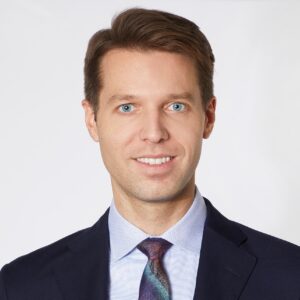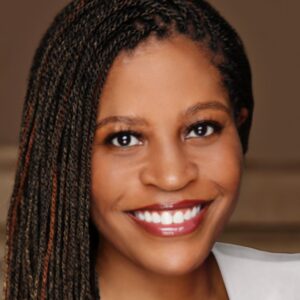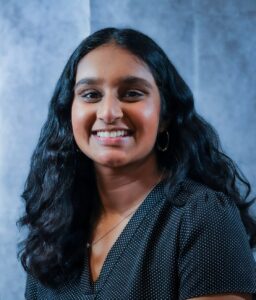Scientists are human beings who can’t and shouldn’t be separated from society. As humans, they have diverse identities that extend beyond their chosen professions. Research thrives when it embraces a diversity of voices, perspectives, and experiences, but many LGBTQ+ scientists report feeling the need to hide their sexual and/or gender identity during their education or career, compounding the impression that the fields of science, technology, engineering, and mathematics (STEM) are “straight.” As a result, many non-LGBTQ+ scientists may not appropriately consider the LGBTQ+ community, if at all, even while trying to build more inclusive spaces in STEM.
While presenting Science is a Drag—an award-winning, community-driven, science-themed drag show that heralds inclusive science engagement—at the international Falling Walls Science Summit in Berlin, RCIScience challenged the notion that STEM needs to remain so traditionally rigid and challenged the audience to pay attention to, and start dismantling, the numerous barriers facing LGBTQ+ participation and retention in STEM. The Aspen Institute Science & Society Program, whose award-winning leadership had history working on this topic by co-founding the organization People at Rockefeller University Identifying as Sexual/Gender Minorities (PRISM), now called RockOut, and leading the first scientist contingent in New York City Pride, heard the call. Together, we embarked on the this report.
In convening a roundtable discussion with international, cross-sector, LGBTQ+ STEM colleagues, we set out to explore some of the barriers facing LGBTQ+ inclusion in STEM around the world. Many of the ideas explored here are not new, especially for members of the LGBTQ+ community whose intersectional lived experience extends far beyond what we could capture in one report. And while we celebrate examples of supportive educators and employers and their good practices, there is much still to do. We don’t purport to have all the solutions to this ongoing challenge, but there is value in exploring the issues, particularly if you identify as straight or want to practice active allyship to this community. Some actions are small and can be undertaken by individuals. Others are much larger and require the support of employers, funders, and regulatory agencies.
We hope that this report inspires action within the STEM community, including corporate, research, academic, and nonprofit sectors, and pushes for intersectional policy change to build more inclusive spaces that ultimately benefit us all.




